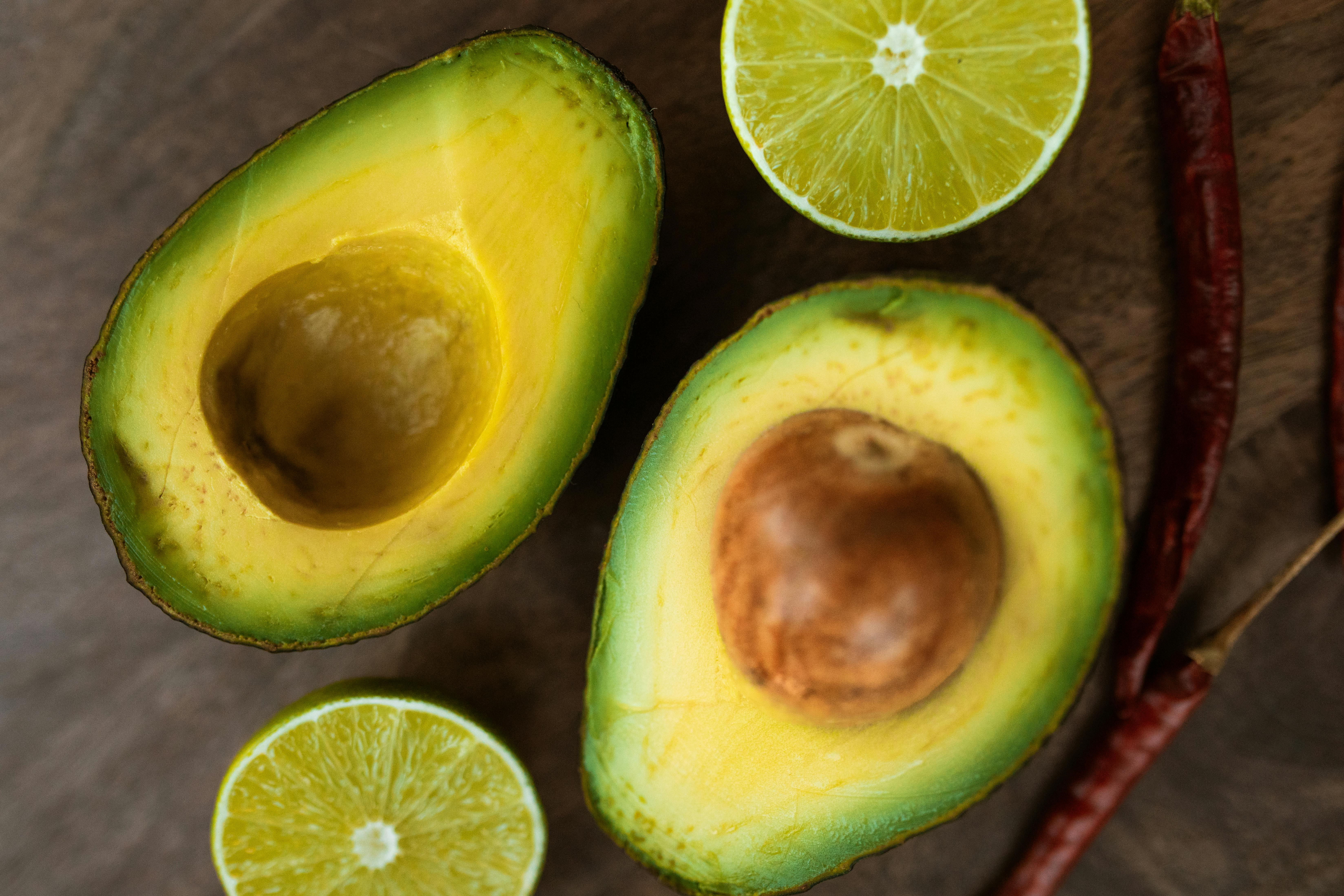Apply Now
Smart Strategies for Optimizing Keto vs Carnivore Diets in 2025
The popularity of low-carb diets, specifically the keto and carnivore diets, has surged over the past few years. As we move into 2025, understanding the distinctions and synergies between these dietary approaches will empower you to optimize your health, weight management, and overall wellness. Both diets promise benefits such as weight loss, improved energy levels, and better mental clarity, but they operate on different principles. The keto diet focuses on achieving nutritional ketosis through a high-fat, moderate-protein, low-carb intake, while the carnivore diet advocates exclusively for animal-based foods.
In this article, we will explore effective strategies for optimizing both diets, delve into their health benefits, risks, and nutritional considerations. We will examine meal prepping techniques, food choices, and how to balance diet sustainability and nutrient density. Additionally, we will touch on the psychological aspects of dieting and maintaining motivation for long-term adherence. By the end, you'll be well-equipped to make informed decisions that align with your personal dietary philosophy.
The journey through the keto vs carnivore debate will not only enhance your understanding but also inspire lifestyle changes that suit your individual needs. Let's dive into the essential tactics and insights that can help you thrive on either diet.
Understanding the Keto Diet: Key Elements and Benefits
The **keto diet** is an established low-carb diet characterized by a substantial reduction in carbohydrate intake while increasing dietary fat. This nutritional strategy aims for a state of **nutritional ketosis**, where the body burns fat for fuel instead of carbohydrates. This section will explore the main benefits of following a **keto diet** and the strategic choices one must make to ensure success.
Core Principles of the Keto Diet
At its core, the **keto diet** emphasizes the consumption of healthy fats, moderate proteins, and a restricted amount of carbohydrates. Tailoring the macronutrient ratio is crucial, typically aiming for around 70% calories from fat, 25% from protein, and only 5% from carbs. **Keto food lists** generally include meats, dairy, eggs, nuts, seeds, and low-carb vegetables. The focus is not just on calories but on the quality of the food consumed, ensuring **nutrient density**.
Health Benefits of the Keto Diet
The **health benefits of keto** extend well beyond weight loss. Research indicates that adhering to a keto diet can lead to improved **blood sugar control**, making it beneficial for those with insulin resistance or **metabolic syndrome**. Additionally, individuals may experience increased **mental clarity**, enhanced **energy levels**, and **digestion improvement** due to the elimination of processed carbohydrates.
It's essential to balance electrolytes and ensure you are not developing any **nutritional deficiencies**, especially in magnesium and potassium. Incorporating a variety of keto foods can help maintain optimal nutrient intake, contributing to overall well-being.
Navigating Keto Challenges: Common Mistakes to Avoid
Despite its benefits, the keto diet presents challenges that can lead to pitfalls. Many newcomers experience the notorious **keto flu**, which can manifest as fatigue, headaches, and irritability during the initial adaptation phase. This can often be mitigated through adequate **hydration** and **electrolyte balance**.
Another common mistake is not paying attention to healthy fats. Incorporating a variety of **healthy fats** from sources like avocados, olive oil, and nuts rather than relying solely on saturated fats from meat can enhance heart health and **cholesterol levels**. Adhering to a **ketogenic meal plan** that emphasizes these principles is critical for optimizing results.
Diving into the Carnivore Diet: Exploring Animal-Based Nutrition
Shifting gears from the keto model, the **carnivore diet** presents a different paradigm by focusing exclusively on animal-based foods. This dietary philosophy has gained traction for its simplicity and purported health benefits. Understanding this approach can provide valuable insights for contrasting it with keto.
Core Concepts Behind the Carnivore Diet
Essentially, the carnivore diet promotes a zero-carbohydrate intake, relying entirely on animal products such as meat, fish, eggs, and, in some variations, dairy. Adherents believe that **animal-based diets** typically offer superior protein density and satisfy the body’s complete **nutritional requirements** without the need for plant-based foods.
Understanding how this diet fosters **dietary fat** consumption while minimizing carbohydrates can lead to **intense fat loss** and improved **muscle building**.
Health Benefits of Carnivore Diet
As many claim, the **health benefits of carnivore** include **inflammation reduction**, **food intolerance elimination**, and better gut health due to the absence of certain **inflammatory foods**. Furthermore, those with specific health conditions, like autoimmune disorders or **digestive issues**, may find significant relief by eliminating plant-based food sources that often provoke inflammation or digestive discomfort.
The carnivore diet can be particularly beneficial for individuals looking to streamline their food choices and reduce decision fatigue associated with meal planning.
Carnivore Diet Challenges: Risks and Recommendations
Though the carnivore diet is straightforward, it’s not without risks. Some may expose themselves to **nutritional deficiencies** when eschewing entire food groups devoid of key vitamins and minerals. Careful **meal planning** and consideration of food quality can aid in mitigating these risks. Individuals should also be aware of potential negative impacts on heart health and **cholesterol levels**, making it essential to monitor these health metrics regularly.
Like the keto diet, adhering to effective cooking techniques and practices can augment the overall experience of the carnivore philosophy.
Meal Prepping Techniques for Both Diets
Meal prepping plays a pivotal role in the success of any dietary approach, particularly low-carb diets like keto and carnivore. Here, we will explore practical strategies for **meal prepping** that can keep meals convenient and aligned with dietary goals.
Strategic Meal Planning
Developing a clear **keto or carnivore meal plan** in advance can simplify grocery shopping and ensure that food choices align with dietary guidelines. Planning may involve batch cooking proteins to have on hand, utilizing different **cooking methods** to keep meals varied and interesting. This could entail slow-cooking beef or grilling chicken to enhance flavor.
Food Variety and Recipe Development
Having a repertoire of **keto recipes** and **carnivore recipes** can prevent burnout from repetitive meals and help maintain motivation. Incorporating spices or different styles of cooking (such as air-frying or sous vide) can add excitement to meal preparation.
Exploring creative uses of meats, such as preparing beef jerky or experimenting with exotic animal proteins, can extend meal variety and contribute positively to the overall experience.
Tracking Progress and Adjusting Plans
As with any diet, monitoring progress is vital. Keeping a **food tracking** journal can bring awareness to eating patterns, allowing adjustments to focus on achieving personal health goals. Regular assessments of energy levels, satiety, and even changes in body composition can signal adjustments required in macronutrient ratios or food choices.

Psychological Dimensions: Navigating Dietary Change
Dietary changes can significantly impact one's psychological well-being. Understanding the mindset behind dietary choices and addressing behavioral patterns can enhance adherence and motivation.
Motivation and Accountability
Finding motivation to sustain a **low carb diet** is essential for long-term efficacy. Setting realistic goals and involving a support system can foster a sense of accountability. Engaging with community groups or forums dedicated to keto or carnivore enthusiasts can provide inspiration and drive.
Overcoming Emotional Triggers
Identifying emotional triggers related to food can aid in overcoming potential setbacks. Strategies such as **introspective eating**—acknowledging triggers before indulging—can promote a healthier relationship with food, ensuring that decisions remain aligned with long-term dietary goals.
Establishing a Healthy Food Environment
Creating an environment that fosters healthy food choices can shape one’s eating behaviors, making adherence easier. Removing temptations and stocking the pantry with suitable snacks, such as **keto snacks** or **carnivore snacks**, enhances food freedom and encourages healthier decisions.

Final Thoughts on Keto vs Carnivore: Choosing Your Diet Path
Navigating the landscape of low-carb dieting in 2025 offers a plethora of choices tailored to individual health needs and preferences. Evaluating the key elements of the keto and carnivore diets provides empowerment for making informed dietary adjustments. Regardless of the chosen path, embracing food quality, nutrient density, and sustainability remain foundational principles.
While both diets offer remarkable benefits, understanding the respective challenges and ensuring a balanced approach is paramount for achieving long-term success. Tailoring the diet to your lifestyle and emphasizing personal wellness will lead you toward sustaining healthy habits that can flourish over time. Choose wisely, plan effectively, and embark on a transformative journey to improved health!


